
The brewing political turmoil in Nepal
The election to pick Nepal’s third President is scheduled on March 9, 2023. The date has been announced after months of quibbling among the political parties of Nepal. However, with the announcement emerged a political showdown between Nepali Congress leader Ram Chandra Paudel and the Communist Party of Nepal – Unified Marxist Leninist (CPNUML) Vice Chair Subas Nembang – the two contestants for the post of President.
The election of the president is based on a weighted voting system. As things stand, Paudel is most likely to get elected as the next head-of-state as he has the backing of eight parties including the current Prime Minister Pushpa Kamal Dahal’s aka Prachanda’s CPN – Maoist Centre’s support.
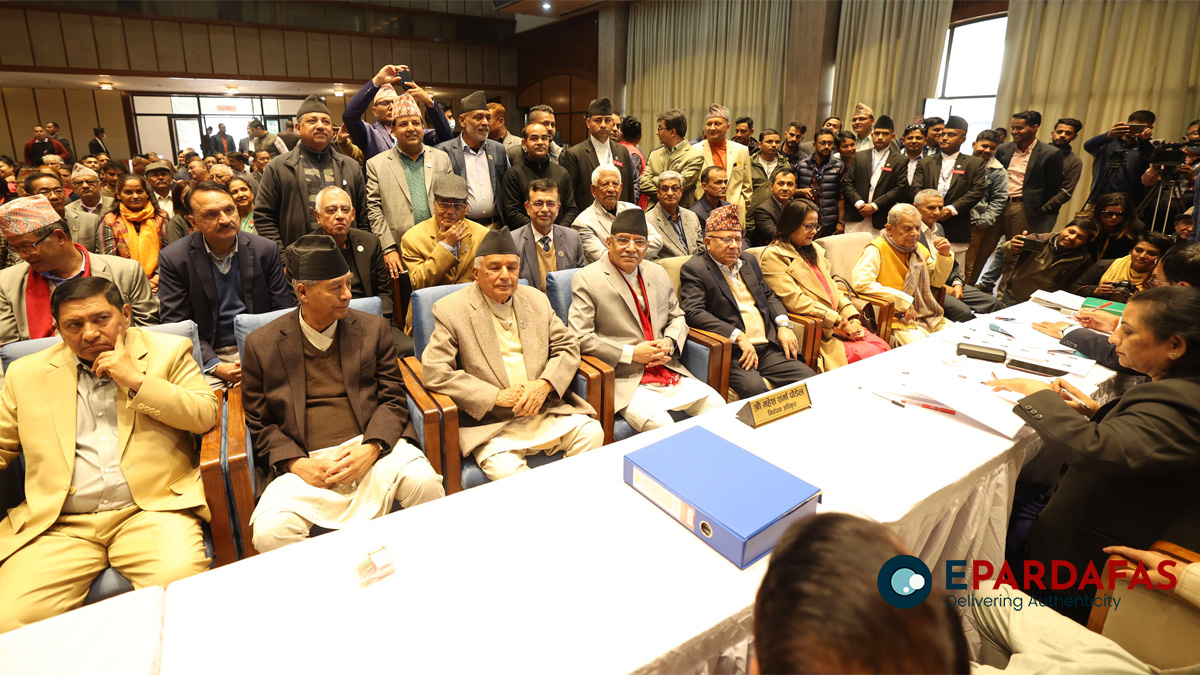
The eight-party alliance in Favour of Nepali Congress candidate Paudel has a total vote weightage of 31,711 votes, which is more than enough for a win. On the other hand, the UML has a vote weightage of 15,281 votes only.
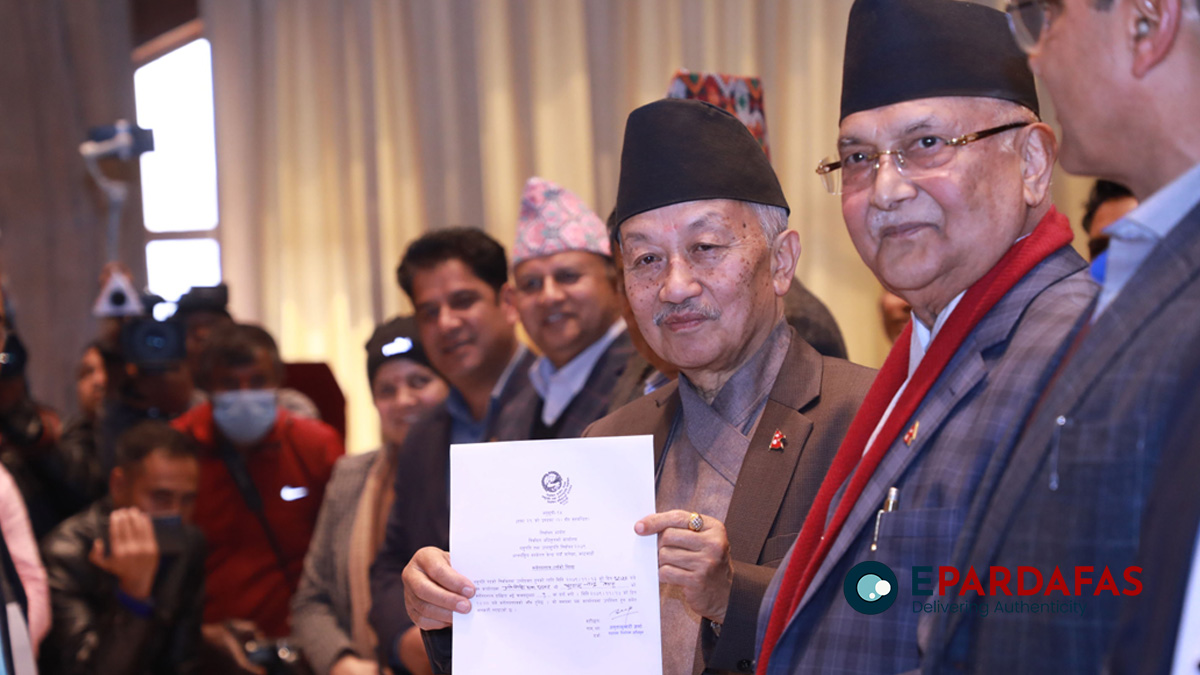
It is important to note that although both Prachanda and Oli are pro-China, they are not on good terms. They have been rivals at loggerheads so much so that Oli while Prime Minister alleged that Prachanda, backed by India, dislodged him from power in his previous term. The two rivals, thus, have come together not because of ideology but for the lust for power.
With his own position insecure in the coalition government along with the rising pressure, both political and economic, many believe the Oli government’s India-bashing was a strategy to divert the attention of the public from the state of affairs in Nepal’s political circles.
Not just on the front of soft power ties, but the infrastructure and other collaborations also saw the light of day. Nepal offered India to take up the languishing West Seti hydropower project of Nepal. In the field of education, IIT Madras and Kathmandu University collaborated on offering a joint degree programme while the Indian Council of Cultural Relations (ICCR) and Lumbini Buddhist University decided to establish a Dr Ambedkar Chair for Buddhist Studies.
India’s involvement in Nepal has been based on its principle of ‘Vasudhaiva Kutumbakam’ (the world is one family) and the policy of ‘Neighbourhood First.’ In this regard, India’s main focus has been to boost Nepal’s development through aid and grants for infrastructure development, fostering cultural linkages, helping in improvement of human development indicators, and supporting Nepal during adversities such as the 2015 earthquake.
Although a more moderate Nepali Congress leader Paudel as the President of Nepal will be preferable for India, however, India never interferes in the internal affairs of another sovereign nation and maintains this policy steadfastly. India’s first priority remains a politically stable Nepal duly respecting the decision of Nepal’s citizens and would look for enhanced developmental partnership and cooperation with the political dispensation of any hue and colour.
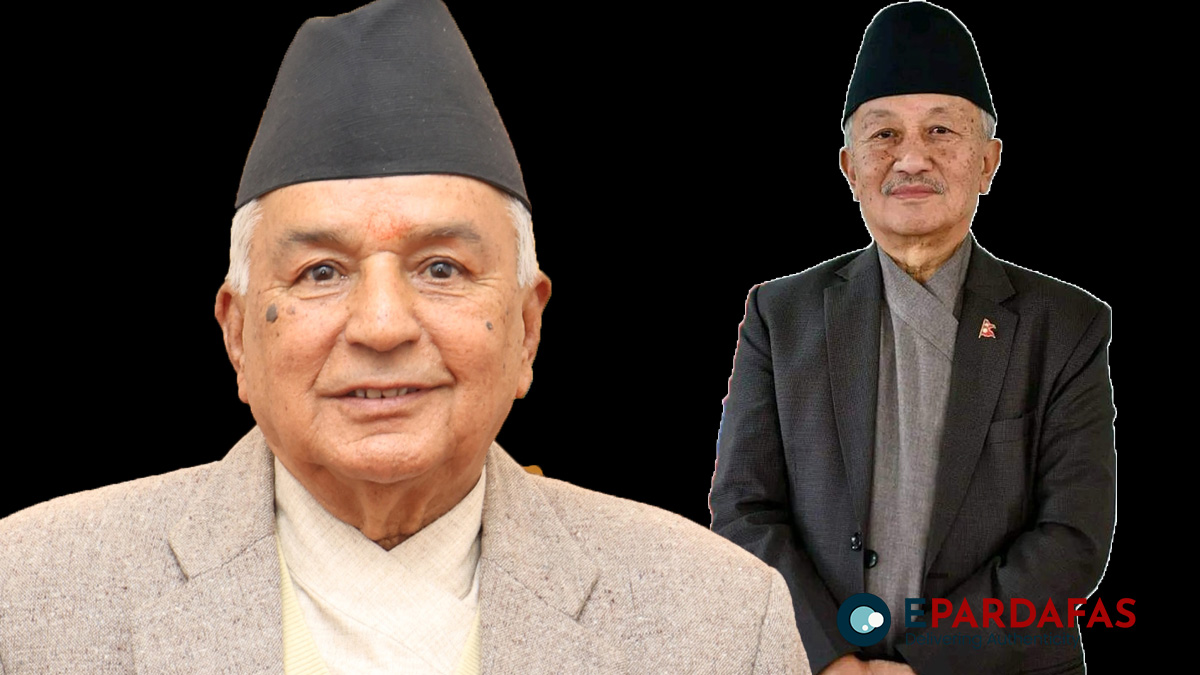


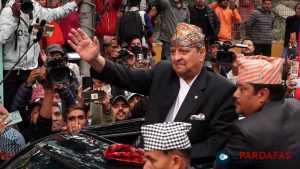
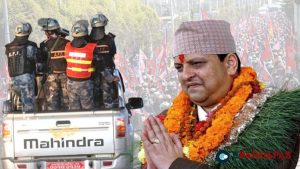

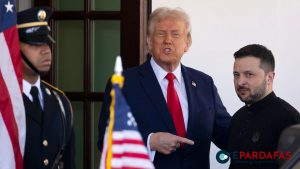






Comments